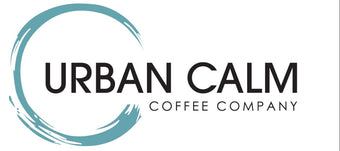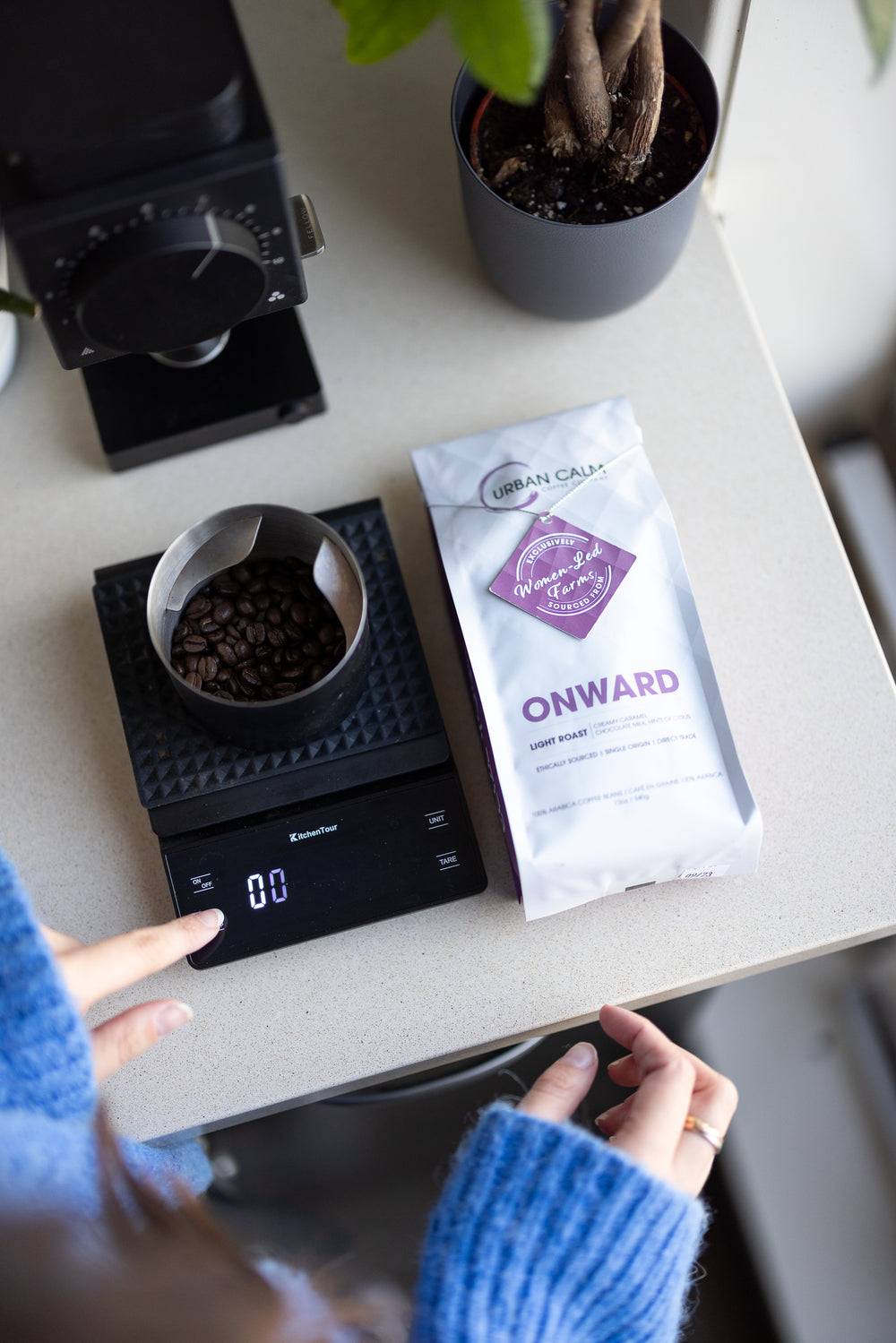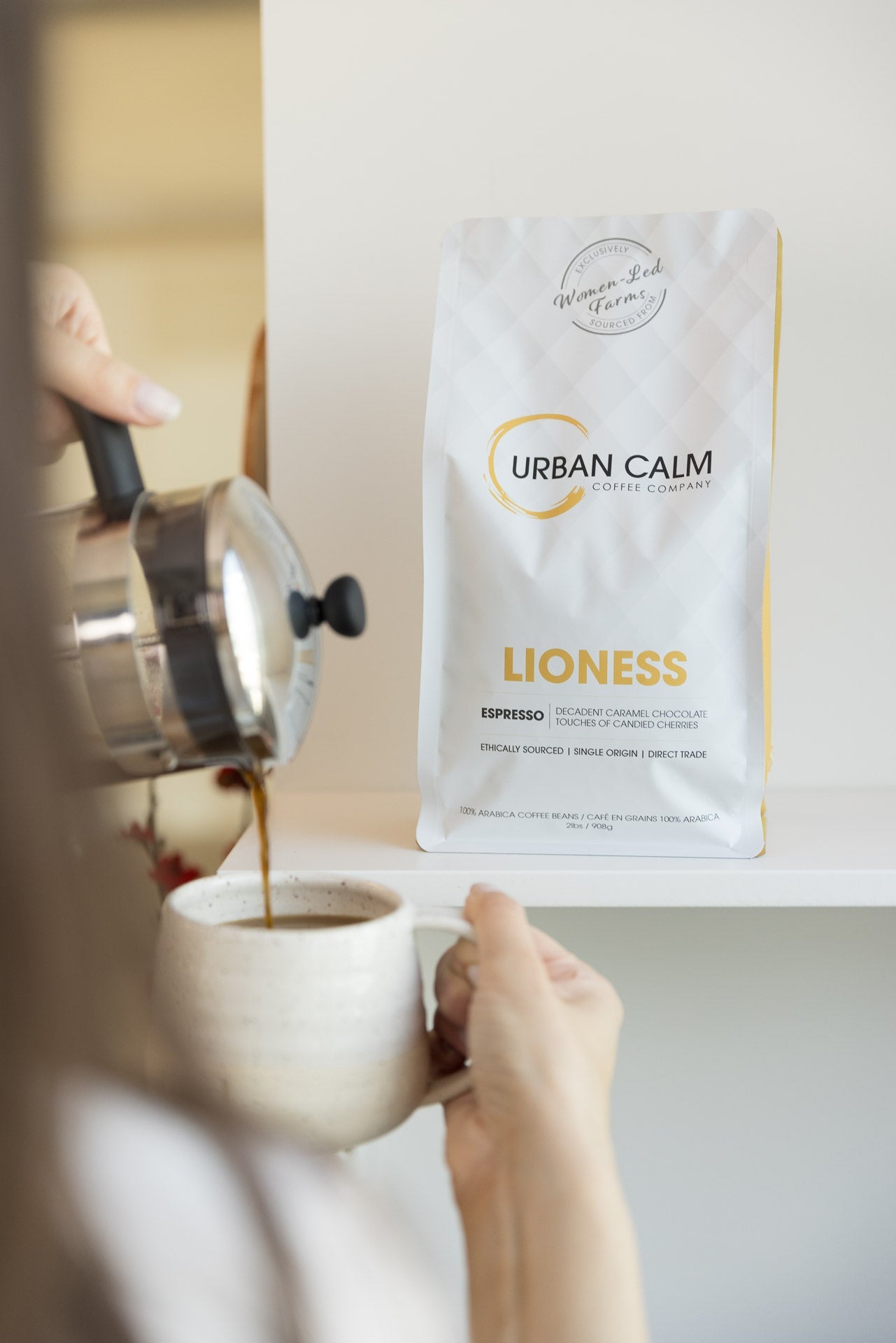Whether you're seeking the quick, intense kick of espresso or the deep, rich taste of dark roast, knowing the difference between dark roast coffee versus espresso and what sets them apart can help you choose the brew that best suits your mood and lifestyle.
Espresso, with its concentrated, robust flavour, and dark roast, known for its bold, full bodied profile, offer distinct experiences that cater to different preferences. This article will guide you through the unique characteristics of each, ensuring you make the most of your me-time coffee moments.
what is espresso?
What is Espresso?
Espresso is a coffee brewing method that creates a rich, concentrated shot by forcing hot water through finely-ground coffee beans at high pressure. Known for its bold flavor and thick cream, espresso serves as the base for many popular drinks like lattes and cappuccinos.
Unlike regular coffee, espresso's intensity comes from its brewing technique rather than the type of bean used. If you prefer a strong, quick pick-me-up, espresso is the perfect choice, especially when made with high-quality Lioness espresso coffee beans.

Pros:
- Rich, concentrated shot
- Bold flavor and thick cream
- Base for many popular drinks like lattes and cappuccinos.
Dark Roast Coffee
What is Dark Roast Coffee?
Dark roast coffee is characterized by its deep, bold flavor, which comes from roasting the beans longer at higher temperatures. This process caramelizes the sugars in the beans, resulting in a rich, bold taste that many coffee lovers appreciate. Unlike espresso, which is defined by its brewing method, dark roast coffee is all about the roast profile.
It's an excellent choice if you enjoy a smooth, full-bodied cup with lower acidity. For those seeking a comforting, robust experience, Dreamer dark roast coffee benefits truly stand out.
- Rich, bold flavor
- Lower acidity
- Full-bodied experience
Dark roast coffee has lower acidity versus espresso due to the extended roasting process, which breaks down the acids present in the coffee beans. As the beans are exposed to higher temperatures for a longer time, the chlorogenic acids, responsible for much of the acidity in lighter roasts, are significantly reduced.
This results in a smoother, more balanced flavor profile with less sharpness, making dark roast coffee easier on the stomach. Additionally, the longer roasting time caramelizes the sugars in the beans, contributing to its rich, bold taste.
Key Differences: Dark Roast Versus Espresso
While both dark roast coffee and espresso are beloved for their strong flavors, they cater to different preferences and brewing styles. Dark roast coffee is defined by its extended roasting process, giving it a bold, full bodied taste with lower acidity.
In contrast, espresso is known for its concentrated flavor, achieved through a quick, high-pressure brewing method. This creates a small, intense shot that can serve as a base for various specialty drinks.
Whether you're drawn to the rich depth of Dreamer dark roast coffee or the sharp, intense profile of Lioness espresso coffee beans understanding these distinctions can help you choose the right coffee for your morning ritual.
- Dark roast: Bold, full bodied, low acidity
- Espresso: Concentrated, intense, versatile for specialty drinks
Brewing methods for dark roast versus espresso
French Press : This method is ideal for dark roast coffee as it allows the grounds to steep in hot water for an extended period. The metal mesh filter doesn't remove the coffee's natural oils, resulting in a fuller-bodied brew with deep flavors.

Pour-Over : While often used for lighter roasts, pour-over can be excellent for dark roasts when you want a cleaner cup with subtle nuances. Using a medium-coarse grind and slightly cooler water (around 195°F) can help control the extraction, reducing bitterness while enhancing the coffee's inherent sweetness.
Espresso : For a concentrated and intense flavor experience, espresso brewing is perfect. Dark roast beans perform well under the high pressure of an espresso machine, delivering a rich shot with low acidity and a creamy mouthfeel.
Cold Brew : Cold brew's extended steeping time in cold water extracts the coffee's flavors without the acidity or bitterness that can come from hot brewing. This method brings out the smooth, chocolatey notes of dark roast coffee.
French press and pour over
French Press : This method is ideal for dark roast coffee as it allows the grounds to steep in hot water for an extended period. The metal mesh filter doesn't remove the coffee's natural oils, resulting in a fuller-bodied brew with deep flavors.

Pour-Over : While often used for lighter roasts, pour-over can be excellent for dark roasts when you want a cleaner cup with subtle nuances. Using a medium-coarse grind and slightly cooler water (around 195°F) can help control the extraction, reducing bitterness while enhancing the coffee's inherent sweetness.
espresso and cold brew
Espresso : For a concentrated and intense flavor experience, espresso brewing is perfect. Dark roast beans perform well under the high pressure of an espresso machine, delivering a rich shot with low acidity and a creamy mouthfeel.
Cold Brew : Cold brew's extended steeping time in cold water extracts the coffee's flavors without the acidity or bitterness that can come from hot brewing. This method brings out the smooth, chocolatey notes of dark roast coffee.
BEST COFFEE BREWING METHODS
These drinks complement dark roast and espresso, emphasizing their rich, robust qualities in a variety of delightful ways.
Whether you’re on the mood for a dark roast or espresso, it’s best to choose high quality specialty coffee that is ethically sourced and freshly roasted.
Both dark roast and espresso offer rich, bold coffee experiences, but they cater to different preferences. Dark roast coffee is known for its deep, smoky flavors and low acidity, making it ideal for those who enjoy a strong, full-bodied cup. Espresso, on the other hand, delivers a concentrated, intense shot with a creamy texture, perfect for those who appreciate quick, robust bursts of flavor.
Ultimately, the choice between dark roast and espresso comes down to your brewing method and taste preferences. Whether you prefer the smooth, rich profile of a dark roast or the bold, concentrated hit of espresso, both offer unique ways to enjoy coffee at its finest. Why not try both and see which one satisfies your coffee cravings?










Leave a comment